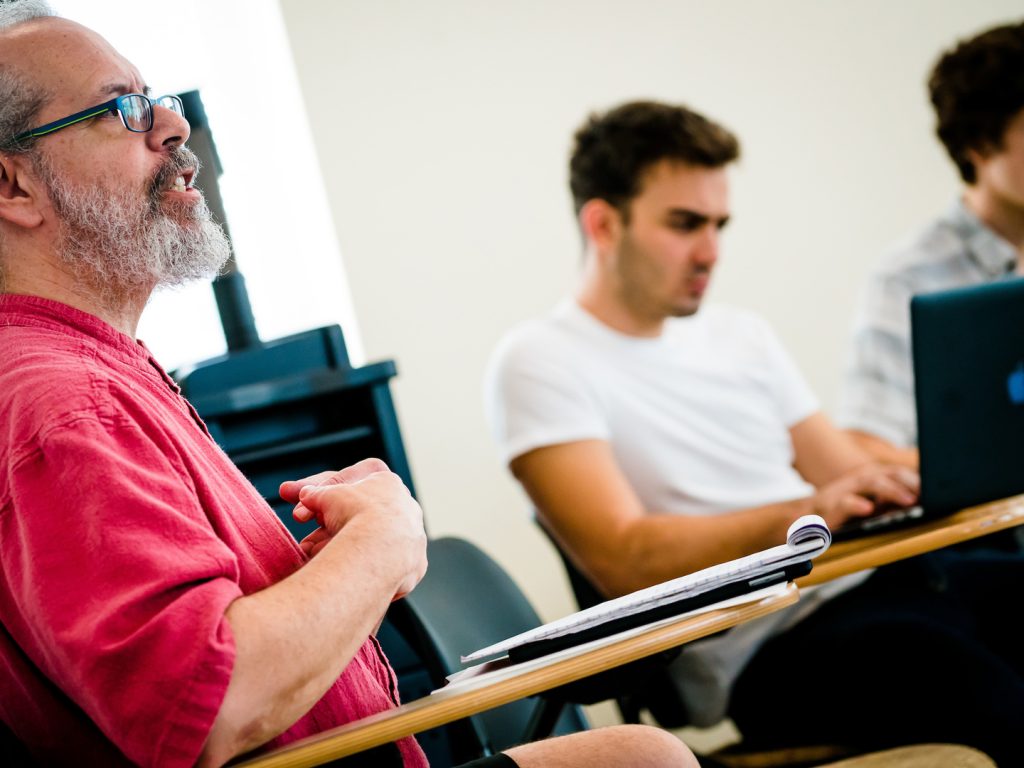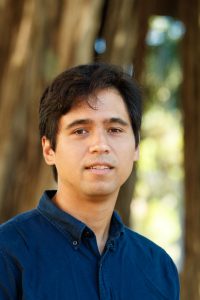Philosophy explores human values, agency, and understanding of the world, through the critical examination of various theories and arguments about knowledge, language, logic, and minds; morality, justice, and freedom. Pursuing philosophy means questioning our ways of living, valuing, creating, and understanding, and developing rigorous intellectual tools.

About the Philosophy Area of Concentration
Philosophy questions our ways of living, valuing, creating, and understanding. Sometimes it does this directly (as in ethics, political philosophy, and epistemology). Sometimes it does this indirectly (as in metaphysics, philosophy of language, philosophy of mind, and again epistemology), as we strive to understand the nature of reality and of our relations to it.
Philosophy’s focus on critical examination, involving the relations between language, logic, and the world, and emphasizing analysis, clarity, and cogent reasoning, also makes the study of philosophy a great way to develop critical thinking skills that apply far beyond the classroom. Philosophy applies rigorous critical thought to matters of fundamental human concern while reaching across disciplinary boundaries.
The study of philosophy puts students in contact with its multiple historical traditions arising from the ancient eastern and western worlds, medieval and modern thought, and contemporary philosophical works, including approaches and techniques developed in the Analytic and the European Continental traditions of 20th- and 21st-century thought.
Featured Course
PHIL 2200
Modern Philosophy
This course introduces students to major philosophical developments in Early Modern Europe, with emphasis on the modern philosophical and scientific conceptions of nature, as well as the contributions of women philosophers in the period. We will examine themes including the development of mechanical conceptions of nature, ethics, and politics; the emergence of new forms of empirical and experimental knowledge; the relationship between philosophy and religion; and the relations between European and non-European peoples.
Recent courses
|
|
Career Pathways
- Teaching
- Technology
- Law
- Public Policy
- Publishing
Contact Us
Humanities Division
Phone Number
Email Address
Location
Ace Academic Center 116
Philosophy Faculty
Dr. Nicolas Delon
Associate Professor of Philosophy and Environmental Studies
Dr. Aron Edidin
Professor of Philosophy
Dr. April Flakne
Professor of Philosophy
Dr. Christopher Noble
Assistant Professor of Philosophy
Dr. Michael Gorup
Assistant Professor of Political Science
Dr. Douglas Langston
Professor Emeritus of Philosophy and Religion



